You can now listen to Antigua News articles!
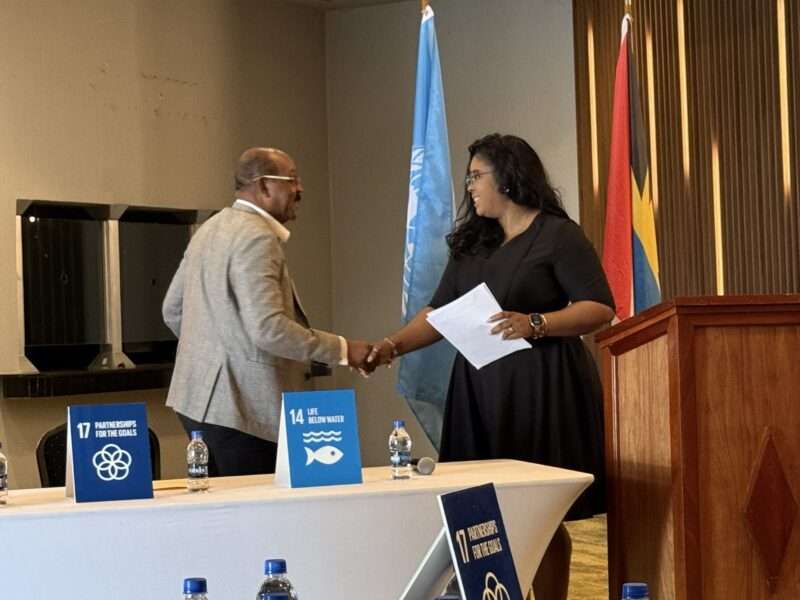
Prime Minister the Hon. Gaston Browne has highlighted Antigua and Barbuda’s efforts to build resilience across various sectors.
He was speaking at the launch of the 17-Point recommendations of the Build Resilience Roadmap for Antigua and Barbuda conceptualized by the United Nations Development Programme.
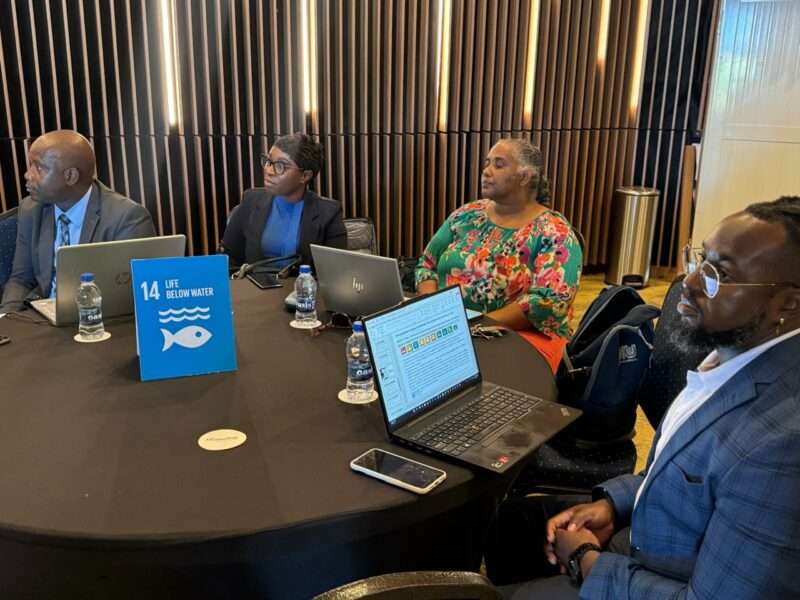
The country’s leader highlighted his government’s efforts in Vulnerability and Resilience Building, Food Security, Water and Energy Security, Financial and Social Resilience, Climate Resilient Infrastructure, Health Resilience, Digital Transformation and Education Reform.
Prime Minister Browne pointed out that Antigua and Barbuda is a small island state with significant vulnerabilities across social, economic, and environmental dimensions. He said that his government is committed to building resilience, particularly in areas like food security, energy, and financing.
In the area of Food Security, he pointed out that Antigua and Barbuda is highly dependent on food imports, making it vulnerable to disruptions.
To address this, he said the government is investing in domestic food production, including subsidies and infrastructure support for farmers, to improve food security. He also issued a call for all citizens to contribute to food security efforts, such as, by planting fruit trees.
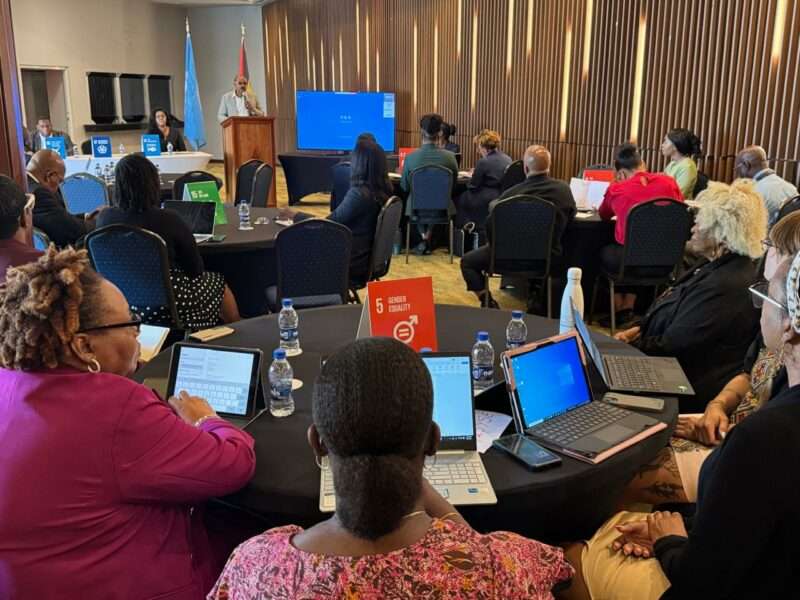
The country’s leader also said that his government is addressing water scarcity through investments in water infrastructure, including dams and ponds for irrigation.
In addition, he said that by expanding renewable energy, with the goal of Barbuda being powered exclusively by renewable sources and achieving 50% emissions reduction by 2030 are part of government’s efforts to build water and energy resilience.
Prime Minister Browne also highlighted that his government continues to advocate for the use of the Multi-Dimensional Vulnerability Index (MVI) to access concessional financing, while at the same time providing low-interest loans and subsidies to support entrepreneurship and business expansion, all part of efforts to build financial resilience.
In the area of Climate resilience, he said that his government has launched an extensive investment programme in climate-resilient roads, using roller-compacted concrete.
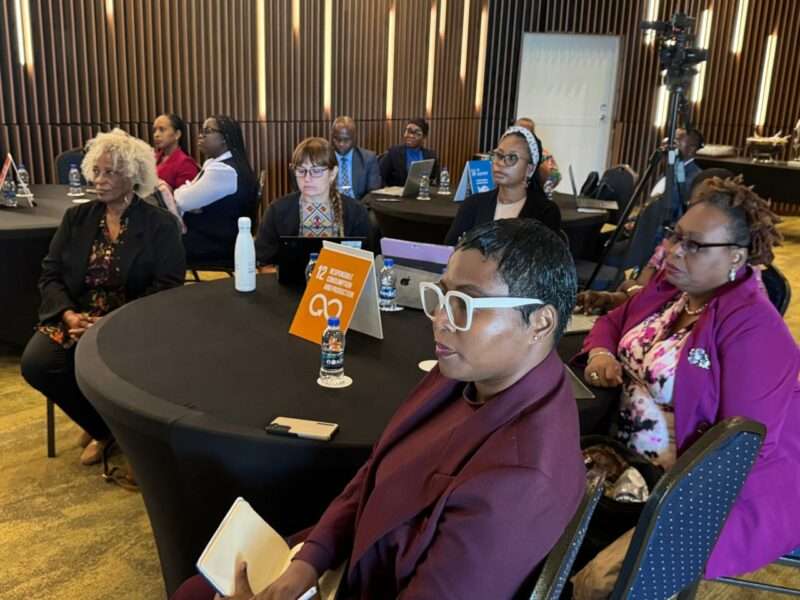
In addition, he outlined that his government intends to raise funds through increased vehicle registration fees to finance climate-resilient infrastructure.
The country’s leader also pointed to his government’s extensive social programmes, including utility subsidy, food vouchers, school meals and home repair/construction for vulnerable groups.
He spoke of his government’s investment in the health infrastructure, such as a new renal unit and a cardiac unit, as well as renovating the cancer center.
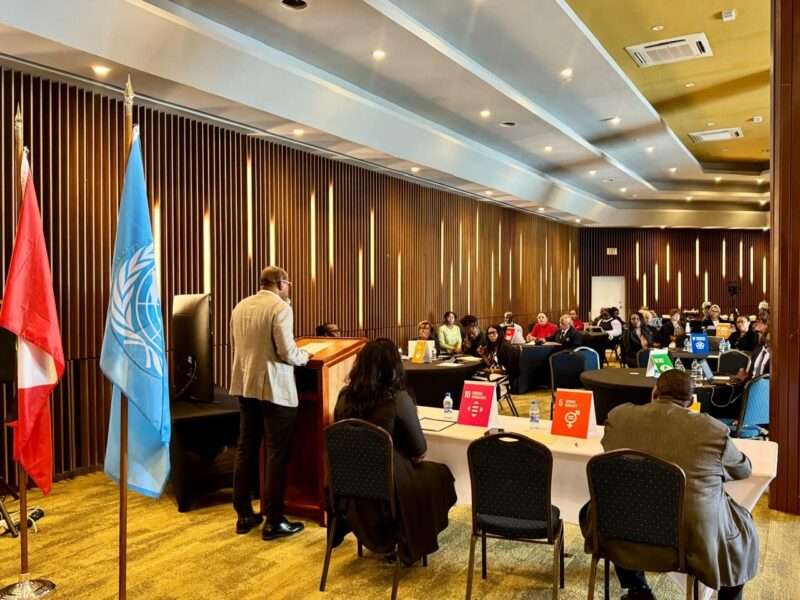
Prime Minister Browne also highlighted the government’s expansion of the University of the West Indies campus to focus on developing modern skills required for the country’s and region’s development.
“The government emphasizes the need for a comprehensive, integrated approach to building resilience and welcomes the UN’s support. We also suggest that the resilience roadmap should focus more on implementation and go beyond the current government initiatives,” concluded Prime Minister Browne.
Stakeholders at the Royalton Hotel discussions examined the 17-point UNDP recommendations and efforts that can be made to ensure their full implementation.
Prime Minister Browne gave his government’s commitment to the implementation of the recommendations.










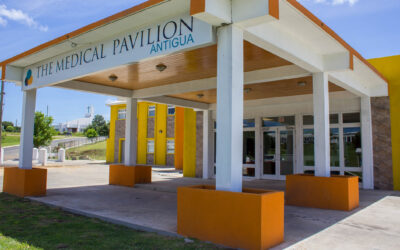
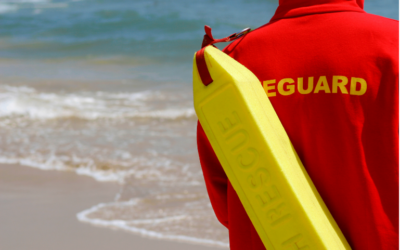



That’s a very comprehensive plan. We should all endeavor to do our part. I wish I had land to try my hand at backyard gardening
Mr. PM who’s fault is it that Antigua have become very vulnerable and dependent on food importation, eh?? . Who’s fault is it that our water situation, despite having so many RO plants is getting worse??
It is not that difficult, there are many ways to have our own food, a good one would be to grow in the fishing industry and export fish to other countries.